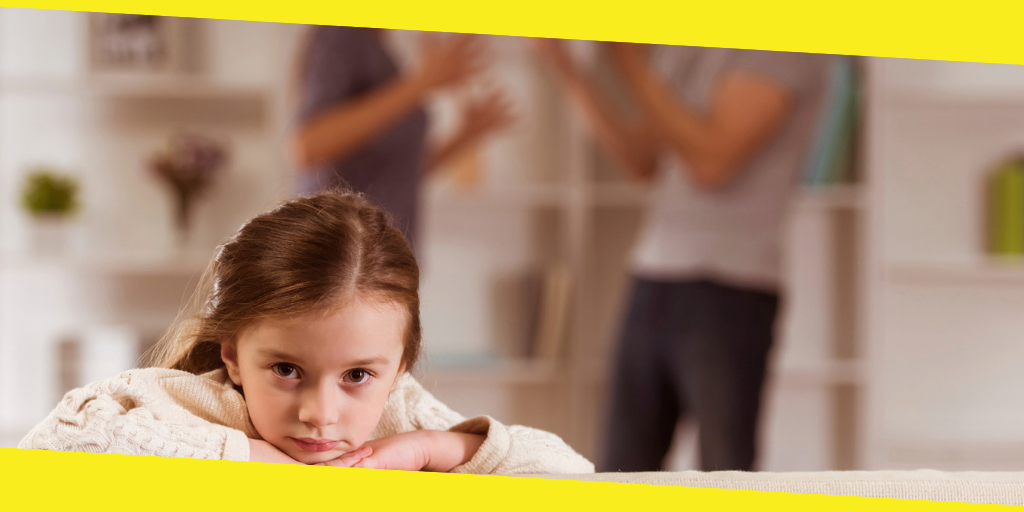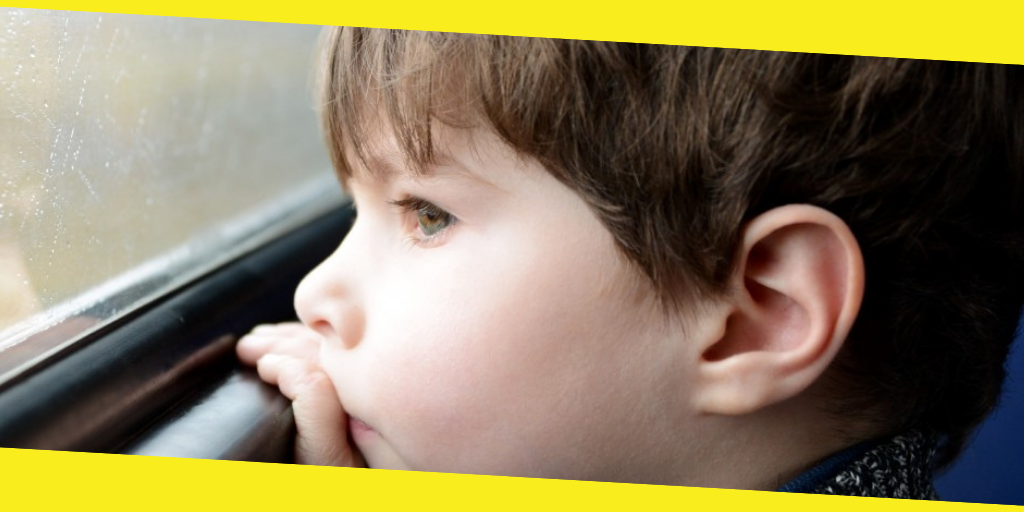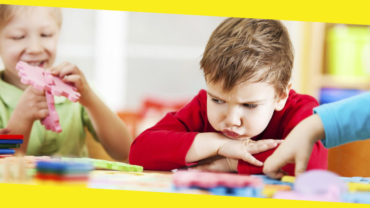Top 10 Effective Tips to Manage Your Children After Divorce
This post was last updated on September 20th, 2024

Divorce is currently a general thing. According to the general divorce statistics in California, about half of marriages in the USA break up. Although the attitude of society towards divorce is becoming increasingly tolerable, nevertheless the breakup of the family is severe stress for all its members. Children are particularly affected. This very task of the parents is to help the child to survive the parents’ splitting and mitigate its negative consequences on the upbringing process.
- The right decision in a situation of divorce will be joint custody of the child. It sometimes happens that it is challenging to perform because former spouses cause each other a lot of contradictory and even negative emotions. Nevertheless, it is essential to minimize the psychological trauma of the children from the divorce of their parents. Psychologists claim that when the ex-husband and wife maintain a patient relationship with no arguments and continue to take care and raise their children together, then the children feel fine and much better than the children whose parents are always in the war.
- Do not avoid talking to your child about the divorce process. You can not lie and say that one of the parents went on a long trip. It is the best idea to speak openly with the child. It is okay if both parents take part in the conversation. The psychological state of the child after the divorce depends on how this conversation goes. In a relaxed atmosphere, you need to tell that mom and dad break up because they can no longer be happy together. Be sure to mention that you are divorcing each other, but not with the child. Your divorce is not his/her fault. Both of you still love and will love your baby forever, communicate and spend time together, although someone will live separately.
- Do not criticize your ex-husband or wife with a child. If the child is critical of the former spouse in his absence, it is not necessary to encourage and support him/her in this.
- Do not put the child in a situation of choosing between the parents and do not incite against the former spouse. The child loves and needs each of you.
- Do not use children as an intermediary between you by forcing you to send angry messages, demanding money, fishing information about your personal life. If you have something to say to the former, do it personally.
- Stop the child’s attempts to manipulate you with threats that he will leave to live with another parent. IT will teach him to manage you and negatively affect his moral development.
- Do not humiliate the child by finding in his behavior features of negative similarity with the former spouse. “You are the same as your father”- such phrases can provoke behavior that is even more negative and set up against both parents.
- Never blame the child for your problems, for the disorder of your personal life, or domestic difficulties. It is the fault of adults, and you cannot tear their irritation on it.
- Do not prevent the other parent from seeing the child. Although the place of residence of the offspring determines the court, mom and dad should be close. Agree on when and how much time the child will spend with each, and do not violate the right to communicate with him the former spouse.
- Be open in communication with the child, while avoiding unnecessary details. The child feels deceptive, so it is better to talk about your experiences in the language accessible to him. So he will understand that he is not alone in his feelings. On the other hand, do not put your problems on him, he may not be able to cope with it, no matter how grown up he may seem.
How children understand the divorce process

Children in a situation of divorce feel a muscular, nervous tension. Unfortunately, in most cases, the separation of mom and dad causes them psychological trauma. The exception is when a parent leaves whose presence caused severe discomfort. For example, when a mother divorces an alcoholic father who used to rage and beat his wife and children. However, most often children are anxious and do not want their parents to disperse. Psychologists identify several generalized children’s reactions, mostly dependent on age.
From birth to 1.5 years
Crumbs are not yet able to understand what is happening in the family. The reaction to the divorce of parents at this age mainly depends on the experiences of the mother, as they subtly sense her psychological state and adopt it. The child can show its emotions by whims, tantrums, nervousness, refusal to eat, problems with sleep. Mental discomfort can affect their health as well. They may get various diseases.
From 1.5 to 3 years
The emotional connection of the baby with his parents at this age is stable. They are the center of his small universe, so the departure of one of them will be hard to survive. Emotions can also affect physical health, manifested in problems with appetite and sleep. It happens that the baby becomes unmotivated aggressive. It fights and bites. Some babies have a return to their infant behaviors. They may start nipple sucking, refusing to go to the pot.
From 3 to 6 years
During this period, children develop a vague understanding of what a parent divorce is. They suffer from the fact that one of the parents no longer lives with them. Preschoolers tend to blame themselves for this. Manifestations on the physical level: poor appetite and sleep. Various fears and fantasies may appear. It happens that children behave aggressively concerning the parent, with whom they remained to live.
From 6 to 11 years
The stress experienced by the child from the divorce of the parents can be aggravated by another stress, which coincides with entering the school. If an unfavorable situation at home accompanies adaptation to school, this can cause problems with studies, unwillingness to go to school, conflicts with peers, and antisocial behavior. At this age, children already understand what a divorce is, and they are often afraid that they will not see one of the parents. They are scared that they will not be able to communicate with him. Fears can also arise concerning their future, which seems vague and frightening. It appears to some children that they can restore a family, so they try to reconcile their parents. If this fails, the children feel deceived and abandoned.
11 years and older
Teenagers are already able to understand what a divorce is, but internally they cannot accept it. Against the backdrop of raging hormones, they take everything very close to heart. Teenagers experience resentment and disappointment. Often there is a feeling of uselessness and abandonment. The departure of one of the parents may be perceived as a betrayal, the reaction to which is a behavior disorder. They may start feeling absenteeism, drinking alcohol, and smoking. However, it may happen differently. A child can become an ideal son or daughter, trying in this way to achieve reconciliation of parents.
At any age, the child feels very bad in a subjective way when mom and dad decide to divorce. Parents need to set a goal to overcome mutual claims and learn how to interact, taking into account the interests of the children.
Recommended For You
Top 10 Effective Strategies To Manage Kids/Toddlers Tantrums
Most Inside
Most Inside offers high-quality recommendations and valuable updates to enhance all aspects of your life, providing premium guidance and enriching experiences.




